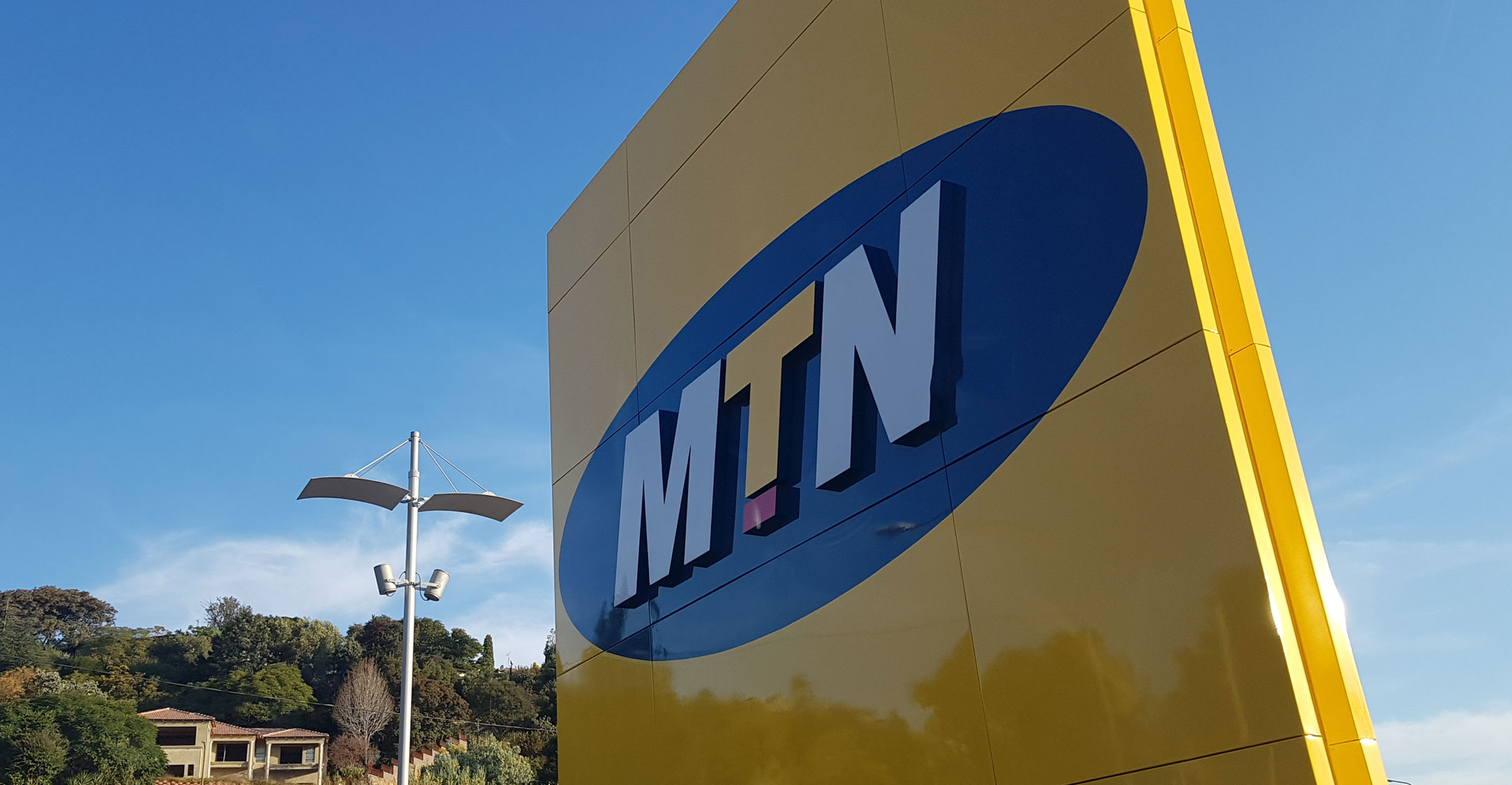 Government’s telecommunications bill, if enacted without radical changes, will have a “devastating” effect on the ICT sector, destroying the incentives that have led to almost universal mobile coverage in South Africa.
Government’s telecommunications bill, if enacted without radical changes, will have a “devastating” effect on the ICT sector, destroying the incentives that have led to almost universal mobile coverage in South Africa.
That’s according to MTN, which has submitted written comments on the contentious Electronic Communications Amendment Bill ahead of parliamentary hearings on the subject this Thursday.
Vodacom, in its submission (see article), called on government not to rush the bill through parliament, saying it “should pause and carefully consider the far-reaching (and we say significantly adverse) implications of the bill for the sector and consumers”.
In its submission, MTN pillories what it calls government’s policy U-turn on infrastructure competition and describes the proposal to “impose blanket, cost-based open access on a competitive market” as “draconian and irrational”. It said this policy U-turn will have a “devastating effect on the model that delivered R100-billion-plus of investment in the last decade”.
“It will destroy the incentives that have delivered over 98% 3G coverage, a world-class 4G network (currently at 90% coverage, despite no LTE spectrum being released) and growing fibre investment, so jeopardising South Africa’s 5G future.”
The hard-hitting submissions suggest both Vodacom and MTN are running out of options to push for an overhaul of the draft legislation and are now preparing to tackle government head-on over policy changes they believe will severely undermine the industry.
‘Unthinkable’
“Why would MTN (or any other network player) continue to invest in its fixed and mobile network when it can get access to Telkom’s or Vodacom’s network at no cost?” MTN said its submission.
“In turn, why would Telkom and Vodacom continue to invest in network expansion and innovation if they get no competitive benefit from it, merely cost-based returns out of MTN (and other service providers)?”
MTN said such a proposal would be “unthinkable” in any other industry. It was akin to forcing airlines to offer seats to their rivals at cost. “Which airlines would ever invest in aircraft on that basis?”
 It would be like asking automobile manufacturers to build cars for rivals at no cost. “Which automotive manufacturers would ever invest in a factory in South Africa again?” MTN asked.
It would be like asking automobile manufacturers to build cars for rivals at no cost. “Which automotive manufacturers would ever invest in a factory in South Africa again?” MTN asked.
The bill is also unconstitutional, it said. It violates the constitution’s property clause, fails to meet the rationality requirement imposed by section 1(c) and section 22, and is “impermissibly vague”.
It warned that abandoning network competition in favour of a cost-based service model has “no international precedent in telecoms”.
“Despite a lengthy policy debate, the cost/benefit of this seismic shift has not been quantified, and MTN’s concerns have been consistently ignored.”
It warned, too, that government’s plan to create a wholesale open-access network, or Woan, is “untested internationally” and “risks reducing competition between networks”.
“South Africa could become resigned to a common standard, low-quality network (the Woan),” MTN said. “While MTN is supportive of a level playing field hybrid model (where commercial operators and the Woan coexist), a policy that ties the release of excess spectrum to the licensing of a contentious Woan risks delaying the availability of much-needed spectrum for South Africa.”
It said communications regulator Icasa should set aside spectrum for the Woan and immediately assign spectrum to commercial operators.
“These issues are as complex as they are critical to South Africa’s economic future. MTN urges that they be debated in a considered manner, not on the rushed timetable that is being proposed. Too much is at risk by experimenting with untested and unqualified policies for such an important sector and engine of growth.” — © 2018 NewsCentral Media




